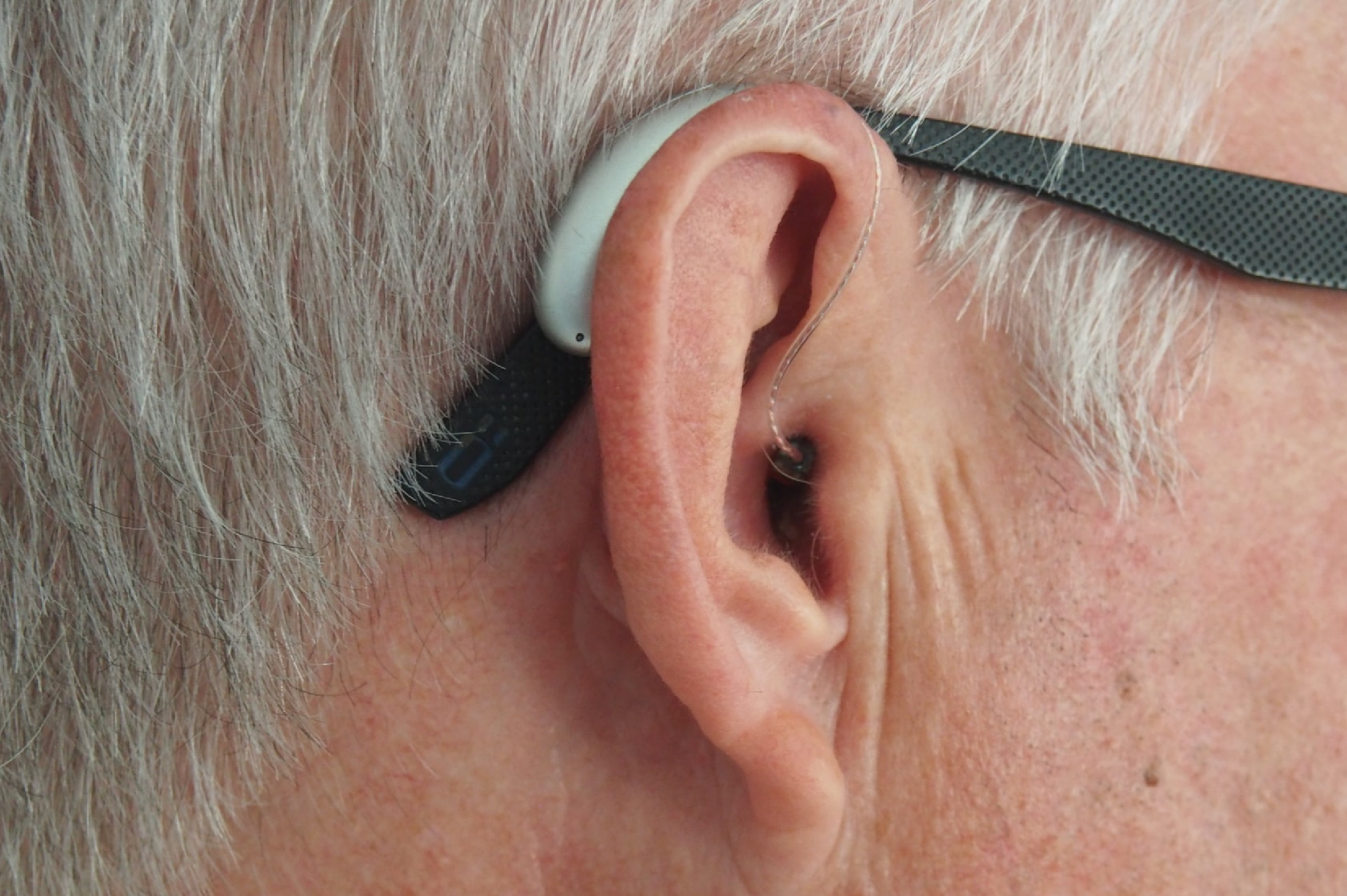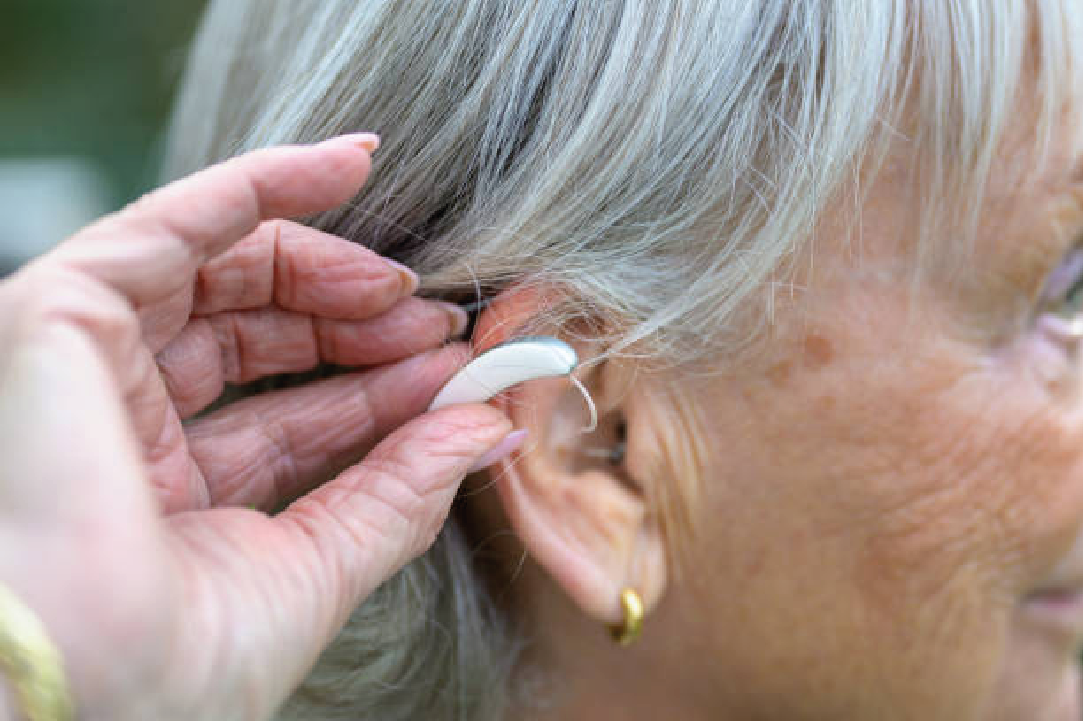For individuals with hearing loss, hearing aids are invaluable devices that significantly improve their quality of life. These small technological marvels amplify sounds, allowing people to engage more fully in conversations and enjoy various activities. However, like any piece of technology, hearing aids can sometimes encounter issues. One common problem is the whistling or feedback sound that occasionally emanates from the device. In this blog, we will explore why hearing aids whistle and discuss practical tips to prevent this bothersome occurrence.
Understanding the Whistling Phenomenon:
Whistling in hearing aids, often referred to as feedback, occurs when amplified sound from the hearing aid is inadvertently picked up by the microphone and reamplified, creating an irritating high-pitched sound. Several factors can contribute to this phenomenon:
Tips to Prevent Hearing Aid Whistling:
Fortunately, there are several effective strategies to minimize or eliminate whistling in hearing aids. Consider the following tips:
Experiencing whistling in your hearing aids can be frustrating, but with the right knowledge and strategies, it can be managed effectively. By ensuring a proper fit, practicing regular cleaning and maintenance, adjusting the volume, and seeking professional help when needed, you can significantly reduce or eliminate whistling in your hearing aids. Remember, a good working relationship with your audiologist is essential, as they can provide tailored guidance and support to optimize your hearing
Understanding the Whistling Phenomenon:
Whistling in hearing aids, often referred to as feedback, occurs when amplified sound from the hearing aid is inadvertently picked up by the microphone and reamplified, creating an irritating high-pitched sound. Several factors can contribute to this phenomenon:
- Improper fit: An ill-fitting hearing aid can allow sound to leak out and be picked up by the microphone, leading to feedback. This can happen if the device is too loose, the earmold or dome does not match the ear's shape, or there is a blockage in the ear canal.
- Volume settings: Setting the hearing aid volume too high can increase the likelihood of feedback. When the amplification exceeds the capacity of the device, it can result in a whistling sound.
- Earwax buildup: Earwax accumulation can block the sound from escaping the ear canal, causing it to bounce back into the microphone and trigger feedback.
- Defective or damaged components: In some cases, whistling may be a result of faulty or damaged components within the hearing aid, such as the microphone or receiver.
Tips to Prevent Hearing Aid Whistling:
Fortunately, there are several effective strategies to minimize or eliminate whistling in hearing aids. Consider the following tips:
- Ensure a proper fit: Consult with an audiologist to ensure your hearing aids are appropriately fitted. They can help determine the correct size and style of earmold or dome to match the shape of your ear canal, preventing sound leakage.
- Clean your hearing aids regularly: Proper maintenance is essential for optimal hearing aid performance. Clean your devices daily, removing any earwax or debris that may interfere with their functioning. Follow the manufacturer's guidelines for cleaning instructions.
- Adjust the volume: If you notice whistling, check the volume setting on your hearing aid. Lowering the volume slightly can help reduce feedback. Additionally, some hearing aids have automatic feedback cancellation systems, which can adjust the amplification to prevent whistling.
- Position the hearing aids correctly: Proper placement of the hearing aids is crucial. Make sure they are inserted securely and positioned correctly in your ears, following the instructions provided by your audiologist or the manufacturer.
- Use accessories or assistive devices: Some hearing aids are compatible with accessories or assistive devices that can help reduce feedback. These may include devices like remote microphones or TV streamers, which stream audio directly to your hearing aids, minimizing the chance of whistling.
- Check for damage: Inspect your hearing aids regularly for any signs of damage or wear. If you notice any issues, such as cracks, loose components, or inconsistent performance, contact your audiologist for repairs or replacements.
Experiencing whistling in your hearing aids can be frustrating, but with the right knowledge and strategies, it can be managed effectively. By ensuring a proper fit, practicing regular cleaning and maintenance, adjusting the volume, and seeking professional help when needed, you can significantly reduce or eliminate whistling in your hearing aids. Remember, a good working relationship with your audiologist is essential, as they can provide tailored guidance and support to optimize your hearing




Leave a comment
This site is protected by hCaptcha and the hCaptcha Privacy Policy and Terms of Service apply.